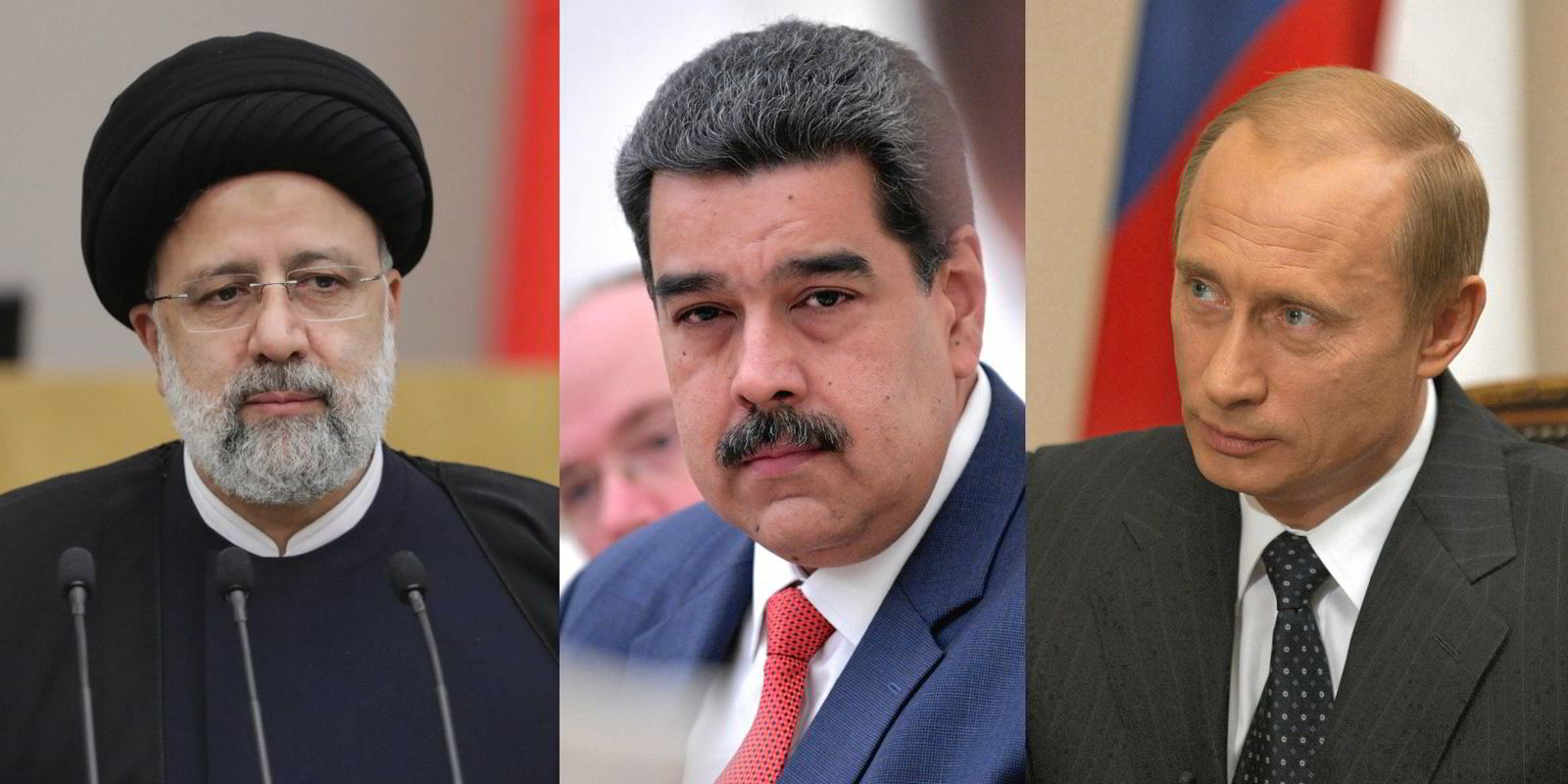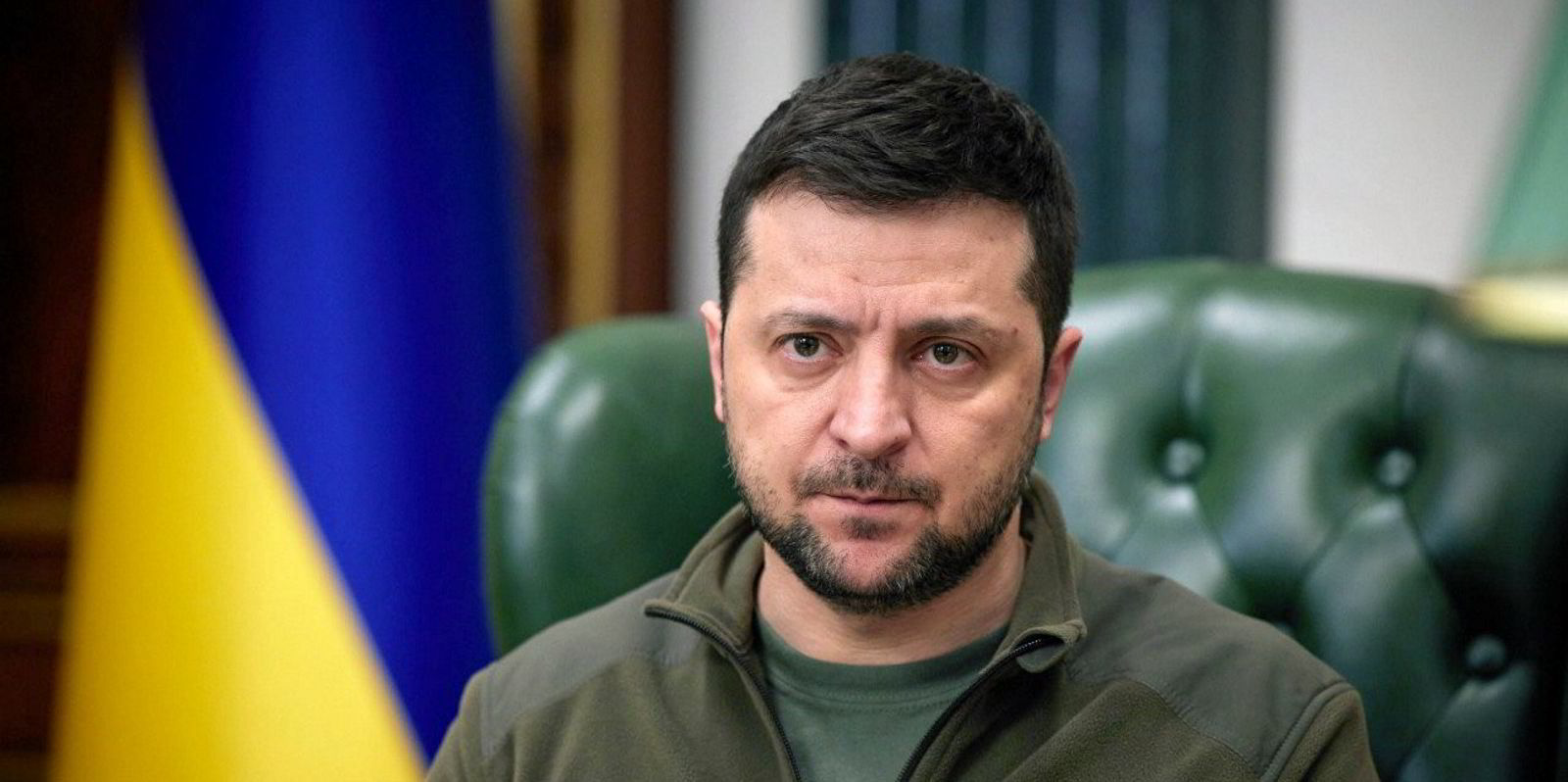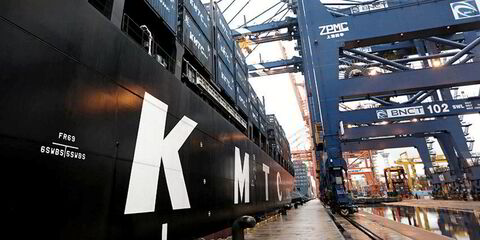When Russian troops poured into Ukraine in February, it created a dilemma for sanctions regimes that have shaped tanker trades for years.
On the one hand, it led countries, particularly in the West, to bring the hammer down on the Russian economy and cause nations to halt or phase out Russian oil imports.
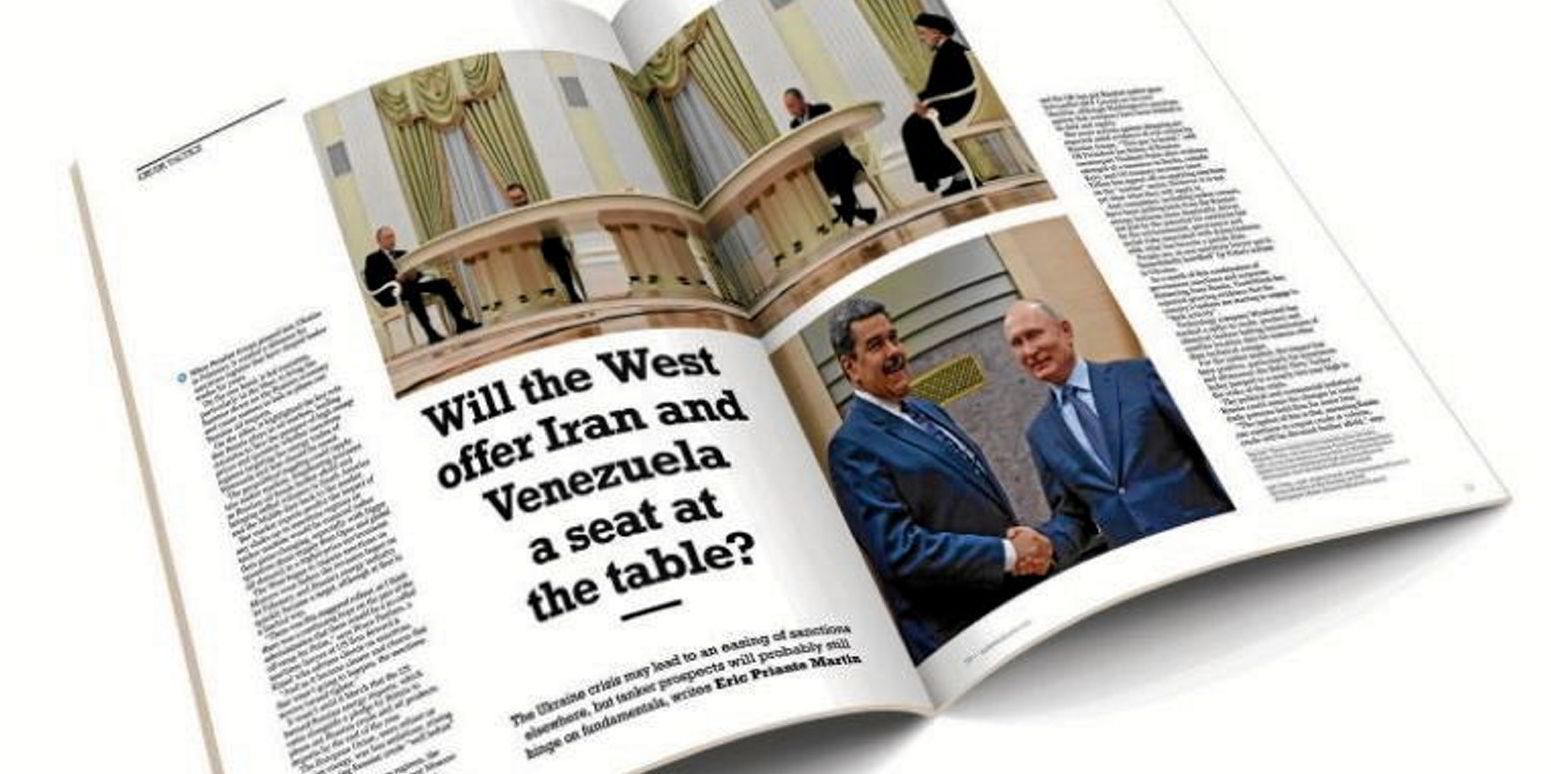
This story is part of a series in TW+ magazine on the wide-ranging impacts of the Russia-Ukraine conflict on shipping. Read the full stories when the magazine is published on 20 May.
On the other, it highlighted the key role that Russia plays in oil markets, leading countries to face the prospect of high energy prices and question whether sanctions regimes targeting the energy trades of Venezuela and Iran should be eased.
The geopolitical juggling could ripple into tanker markets, lengthening journeys as Russian oil heads farther afield and bringing stifled volumes in South America and the Middle East back to the market.
But market experts predict the impact of any shake-up in sanctions regimes on tanker markets would be nuanced rather than game-changing, especially with bigger questions about supply from Opec and global oil demand in a higher-price environment.
The West began to impose sanctions on Moscow even before the invasion began on 24 February, and Russia’s energy industry quickly became a target, although at first in a limited way.
“There was this staggered rollout, as I think there was a continuing hope on the part of the administration that there would be a so-called off ramp for Putin,” says Bruce Paulsen, a maritime lawyer at US firm Seward & Kissel who advises clients on sanctions.
“And as it became clearer and clearer that that wasn’t going to happen, the sanctions screws turned tighter.”
It wasn’t until 8 March that the US banned Russian energy imports, which came alongside a pledge by Britain to phase out Russian crude and oil products imports by the end of the year.
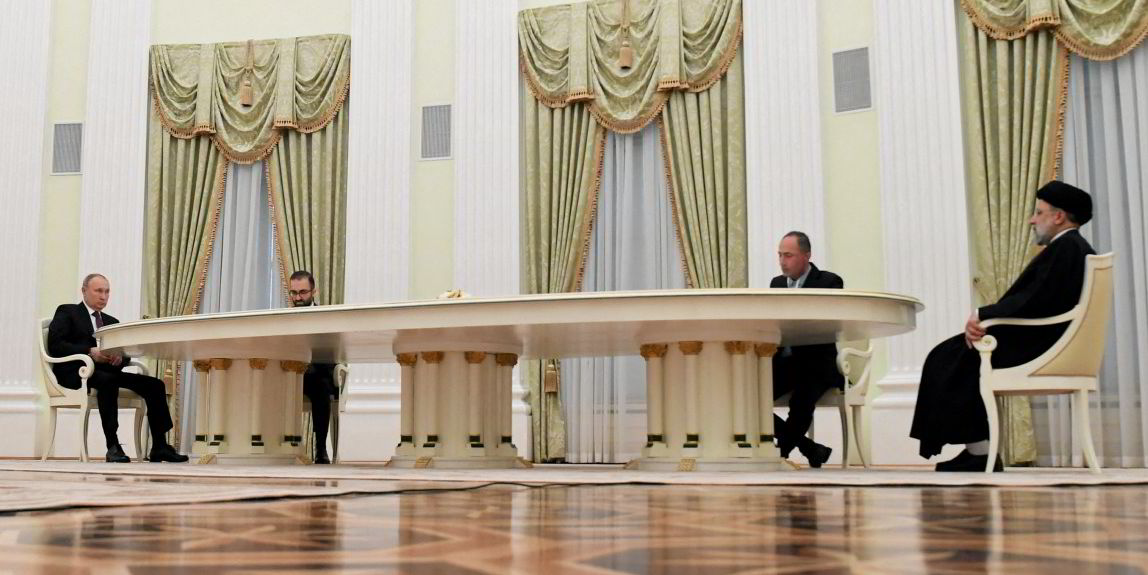
The European Union, more reliant on Russian energy, was less ambitious, but eventually agreed in May to phase out Russian crude imports in six months and to end imports of refined oil products by the end of the year.
Unlike other sanctions regimes, the sector-focused measures against Moscow have not directly targeted shipping.
The US has blacklisted some Russian ships because of their banking connections and the UK has put Russian tanker giant Sovcomflot (SCF Group) on its own blacklist, although Washington’s sanctions against that company have been limited to its debt and equity.
But more actions against shipping are expected amid evidence of war crimes by Russian troops. “This guy is brutal,” said US President Joe Biden of Russian counterpart Vladimir Putin after evidence emerged of a massacre in Bucha, outside Kyiv, and US treasury secretary Janet Yellen has signed off on applying sanctions on the “marine” sector. However, it is not yet clear what they will apply to.
And companies, including tanker owners, have been pulling back from the Russian energy business more drastically, driven not just by the potential for sanctions but by the environmental, governance and social risks associated with doing business with what has become a pariah state.
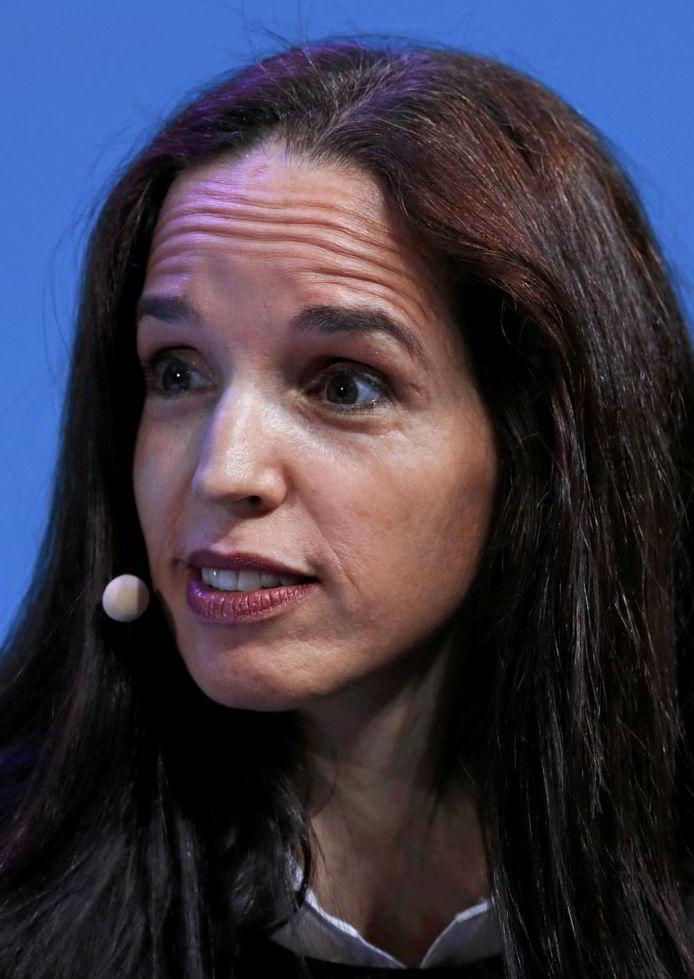
People are, as one sanctions lawyer put it, “bona-fidedly horrified” by Putin’s actions in Ukraine.
As a result of this combination of government sanctions and corporate distancing from Russia, TradeWinds has reported growing evidence that the country’s tankers are starting to engage in “dark activity”.
Technology company Windward has tracked a spike in crude, product and chemical tankers halting transmissions of satellite location data for reasons other than technical outages.
For the tanker market, the impact has been positive, particularly for suezmaxes and aframaxes: the Baltic Dirty Tanker Index jumped to a nearly two-year high in the wake of the crisis.
The political and commercial isolation of Russia could mean the changes in tanker trade patterns hold firm for some time.
“The upshot of this is that, assuming Russia can continue to export crude at volume, crude will be diverted further afield,” says Tim Smith, a director at consultancy Maritime Strategies International (MSI) who focuses on tanker markets.
Rather than go to closer European countries, Russia’s crude volumes are likely to head further away to China and India.
“We’ve already seen increasing intake from India,” he says. “It’s likely we’ll see more seaborne longhaul crude potentially moving to other Asian regions.”
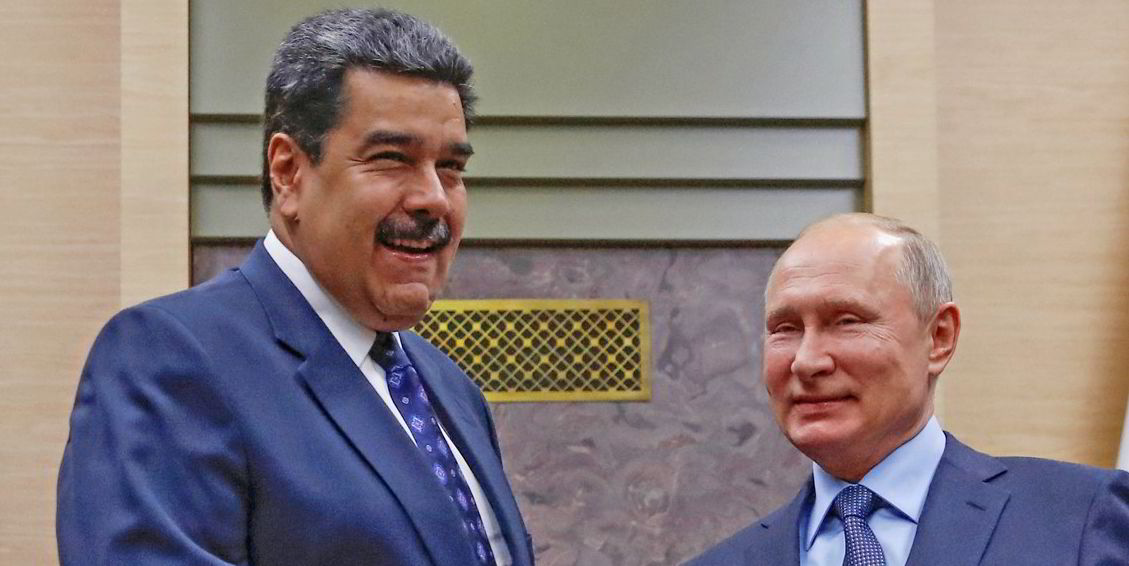
Europe also needs to get its volumes from exporters that are further away, and Smith expects the positive impact to be felt eventually across vessel sizes, not just aframax and suezmax tankers.
With oil prices rising after the invasion, a debate has opened up in Washington about whether it should ease sanctions against Venezuela and Iran to open the taps.
Whether that will actually happen is hard to predict, according to sanctions experts. And energy security isn’t the only factor at issue.
“Sanctions are intended to change behaviour,” says Andrew Jacobson, a Seward & Kissel lawyer who advises on sanctions. “The real key question from US policy officials is whether the behaviour of Venezuelan officials and the Iranian regime is sufficiently changing, such that withdrawing or lessening sanctions will achieve US foreign policy objectives.”
Earlier this year, the Biden administration was reported to be close to finalising a deal with Iran aimed at bringing back a sanctions-easing deal agreed by former president Barack Obama that was torn up by Donald Trump.
The talks have since stalled, and even if the US agreed to lift so-called secondary sanctions that have global reach, it is certain to keep in place primary sanctions that ban Americans and US companies from dealing with Iran.
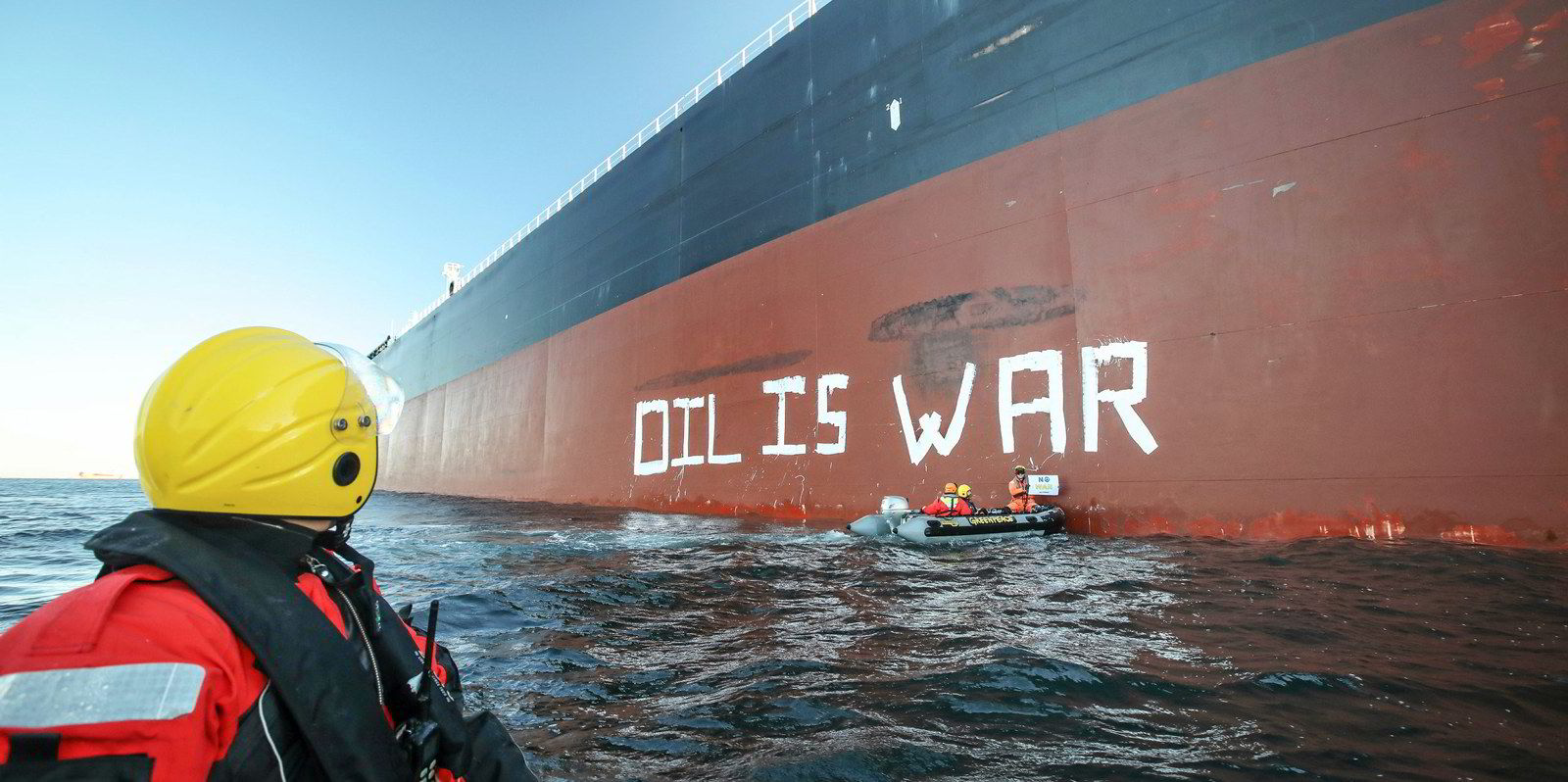
There have also been reports of Biden administration officials meeting counterparts in Venezuela, where President Nicolas Maduro has been in power since 2013.
Experts are far from certain that the diplomatic opening will result in the sweeping away of sanctions on Venezuela.
“First, rather than potentially leading to the lifting of US sanctions on the Maduro regime, the visit could result in — provided certain conditions are met — an easing or softening of existing oil sanctions via licences for some of the international oil companies that still operate in Venezuela,” writes Luisa Palacios, a former Citco Petroleum chairwoman who is now a senior research scholar at Columbia University’s Center on Global Energy Policy.
“Second, in the short term, it is unlikely that this scenario, should it come to pass, would offer any meaningful relief to global oil markets, as substantial increments in oil production from Venezuela would require overcoming many obstacles and risks, even with a potential softening of oil sanctions.”
Iran and Venezuela are taking steps in the tanker market that suggest they see an opening ahead.
Petroleos de Venezuela (PDVSA), the government-controlled oil company, has reportedly been looking to buy or charter in tankers. Its PDV Marina shipping arm is considering deals that involve using crude or oil products to pay for the ships, according to Reuters.

National Iranian Tanker Co has announced plans to build an aframax at Iran Shipbuilding & Offshore Industries Complex, and market experts believe it is preparing idled ships to resume trading.
Tanker experts regard efforts to reduce or remove sanctions on Iran or Venezuela as positive for markets, but there are questions about how much the countries would contribute to the market.
It is unclear how much more Venezuela can increase its production capacity. PDVSA has improved output over the past year, but much of its infrastructure is degraded and the ability to push that further may be limited.
Additionally, US refineries are practically custom-made for Venezuela’s crude, and that would lead to shorter distances than the current trades to Asia.
Iran could build on Opec production increases in the Middle East, but the history of Iran’s previous returns to the market does not point to a major change.
“When you look at the data, when you look at the earnings in the tanker market when Iran has come in and out of the global production system, there isn’t a huge impact from it,” Smith says.
He points to increasing refinery capacity in the Middle East, which could keep some of the crude volumes in the region, and to Iran’s sizeable tanker fleet, potentially adding vessel supply that could offset demand contributions.
For Smith, even if sanctions on Tehran and Caracas are eased, the boost would probably not be a game-changer for the tanker market.
Although the wider geopolitical questions raised by the Ukraine war are a factor, the analyst sees fundamental supply and demand factors in tankers as more meaningful than sanctions regimes.
MSI already has a positive outlook for the sector, amid strong demand expectations and supply-side help from tanker scrapping.
“We see risks to that, from the oil market, regional demand and also the geopolitical situation,” Smith says. “We see these overarching factors as more important.”
